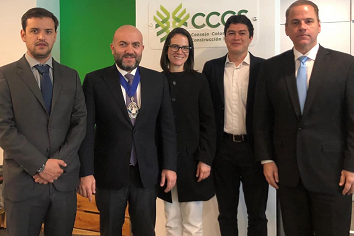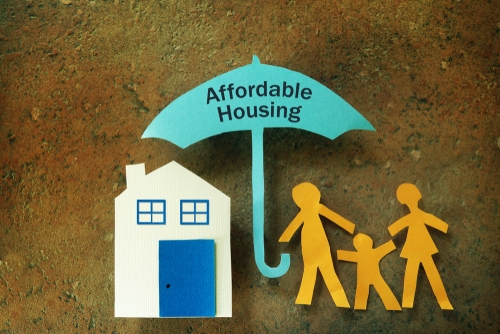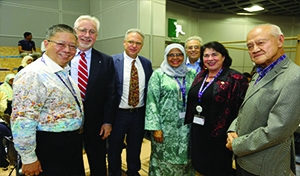

REwind: A regional overview one year into the global outbreak
On March 18, as the COVID-19 pandemic hit the one-year mark, FIABCI International held an online forum to offer a regional overview of the real estate industry during this past year. “REwind: A regional overview one year into the global outbreak” focused on the initial reactions and how gradually the regional markets adapted to face the new context, the current situation, as well as on the forecast for the future and emerging trends.
To offer this overview, FIABCI invited the presidents of the different regions: Joseph Akhigbe, President of FIABCI Africa and Near East Region, Eric Van Hoorde, President of FIABCI Americas Region, Peter Koh, President of FIABCI Asia-Pacific Region, and Michael Heming, President of FIABCI Europe Region.
The session was well attended by real estate professionals from around the world and included the presence of several students of one of the Federation’s Principal Members, the prestigious Bocconi University.
Beginning with a retrospective look at how the COVID-19 outbreak started and what the initial industry response was, the guest speakers agreed that it had deeply affected every region of the world and the sector as a whole, albeit in different ways. Joseph Akhigbe said that, when it concerns Africa and Near East Region, the first reactions involved a strict lockdown with citizens urged to stay at home, in addition to the immediate cancellation of all international travel, which affected the real estate industry tremendously. Eric van Hoorde, President of the FIABCI Americas Region, emphasized the work led by industry associations from various countries along with their respective governments to present the best possible scenarios to help not only the real estate sector but also the global economy. Peter Koh, President of FIABCI Asia-Pacific Region, also mentioned the work put forward by the Government of Singapore, including support programs such as tenant rental relief and legal protections for owners that experienced difficulties, among others. In Europe, several countries followed suit and announced more help for the hardest-hit industries and businesses with significantly reduced cash flows, added Michael Heming, President of FIABCI Europe Region.
The adaptation to the new, uncertain context as the pandemic unfolded differed greatly depending on the region and real estate market. While the level of preparedness and decisiveness helped in cushioning the effect of the pandemic, the President of FIABCI Africa and Near East Region noted, it had an enormous impact on the retail and hospitality industries, as people stopped traveling, hotels didn’t have guests, and shopping malls couldn’t operate. As a consequence, Mr Akhigbe added, online retailers received a significant boost, which led to an incremental demand in warehouse spaces (industrial and logistical real estate). On a negative note, however, there was a sharp decline in the demand for office space, with people increasingly working from home. This trend, Eric van Hoorde added, led to a stronger residential real estate market, with people looking to upgrade from a small apartment in the city to a bigger house in the suburbs since they no longer had to live close to the office.
In the Asia-Pacific Region – and similarly to other parts of the world - real estate agents had to adapt to the new context, as face-to-face meetings or viewings with prospective buyers were curtailed. Virtual tours, 24/7 virtual chat services, regular webinars, and product knowledge awareness sessions to maintain buyers interested were some of the solutions adopted, as Peter Koh pointed out. Indeed, the acceleration of digital transformation is probably one of the biggest legacies of the COVID-19 pandemic. As Michael Heming noted, some of the best companies made use of the time during lockdown to work on the company itself and taking it to the next level, with regards to digitization.
Currently, the situation pertaining to the COVID-19 outbreak is quite similar across all regions: the rollout of vaccination programs has widely started, building confidence among the public. In fact, as Joseph Akhigbe notes, this is a positive sign for the hospitality sector: “We believe people will soon be allowed to travel again, and the hospitality industry will also be able to pick up.” But, of course, the panel agrees that this is an ongoing process and, while some countries have resumed their daily lives to some extent and businesses across industries keep operations running, a “balancing act” between the infections rate and the economy is needed: “We don’t want to go to another extreme and make irreparable damage to the economy”, said Peter Koh. The approach of the Asia-Pacific Region is, therefore, as in many other regions, a slow, gradual opening of the economy.
Concerning prospects for the future and main trends emerging from the current pandemic, similar opinions arise.
- “We’ve gained 10 years of experience on the technological part due to COVID and that is a benefit.”, the President of FIABCI Americas Region said. And with technology taking over the past year, there is a clear need for data centers as well, Joseph Akhigbe added.
- The shift towards online retail also means businesses need more space for stock, causing a surge in demand for warehouse/logistics space. “Logistics for deliveries will enhance the industrial and warehousing market.”, Mr Akhigbe emphasized.
- Working from home is here to stay, and while there is a question mark hanging over what will this translate to for commercial real estate buildings, and whether or not it is an irreversible trend, it has significantly impacted the market and will likely lead to an increased flexibility with regards to designing buildings and planning for mixed-use developments.
- Residential real estate is expected to remain strong and is a clear winner emerging from the pandemic, as the President of FIABCI Europe Region argued, mainly due to changes in property buying trends (people looking to move to cheaper locations and acquire additional space, among others) coupled with historically low-interest rates.
At the end of the online forum, the launch of a new project was announced, against the backdrop of the topic of the session: "A real estate overview by FIABCI experts one year into the global outbreak” is a series of videos produced by the different FIABCI chapter presidents on the different phases the industry experienced over the last year with the global pandemic, from a geographical point of view.
For more upcoming events, please visit www.fiabci.org/en/calendar.


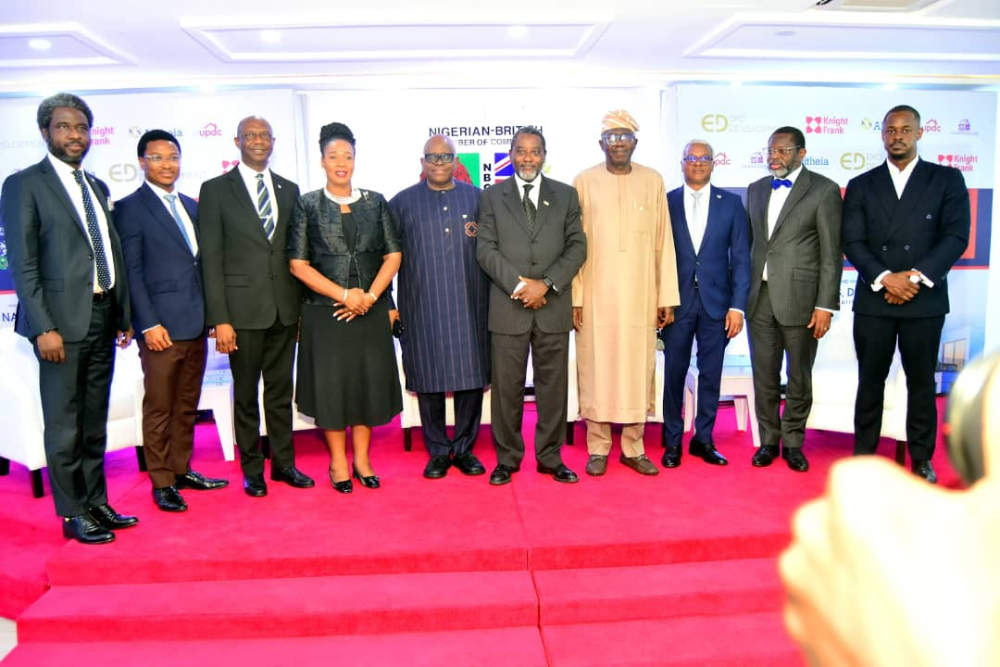
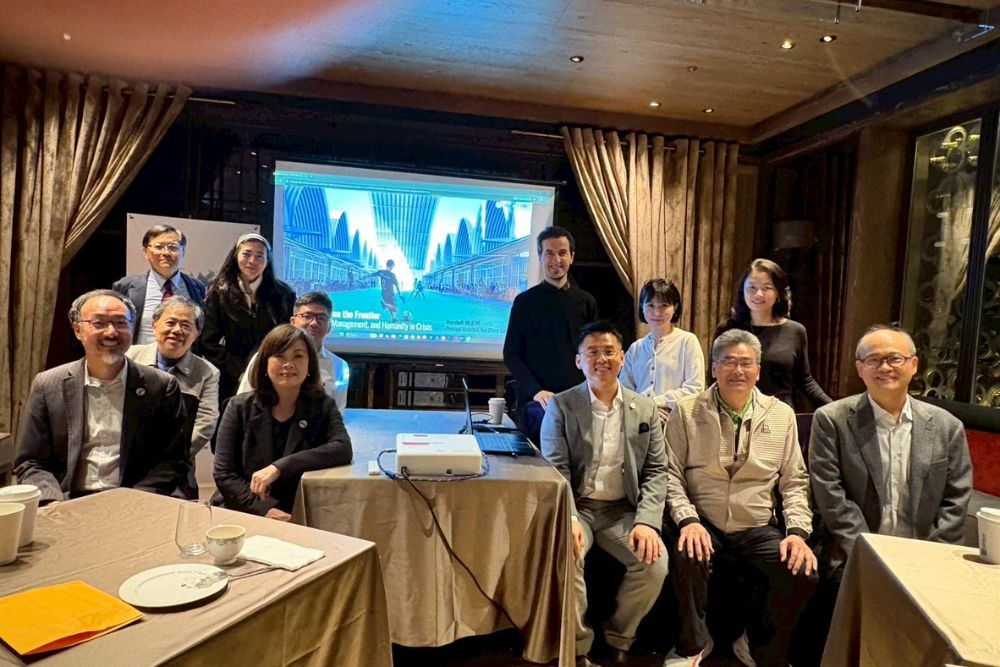


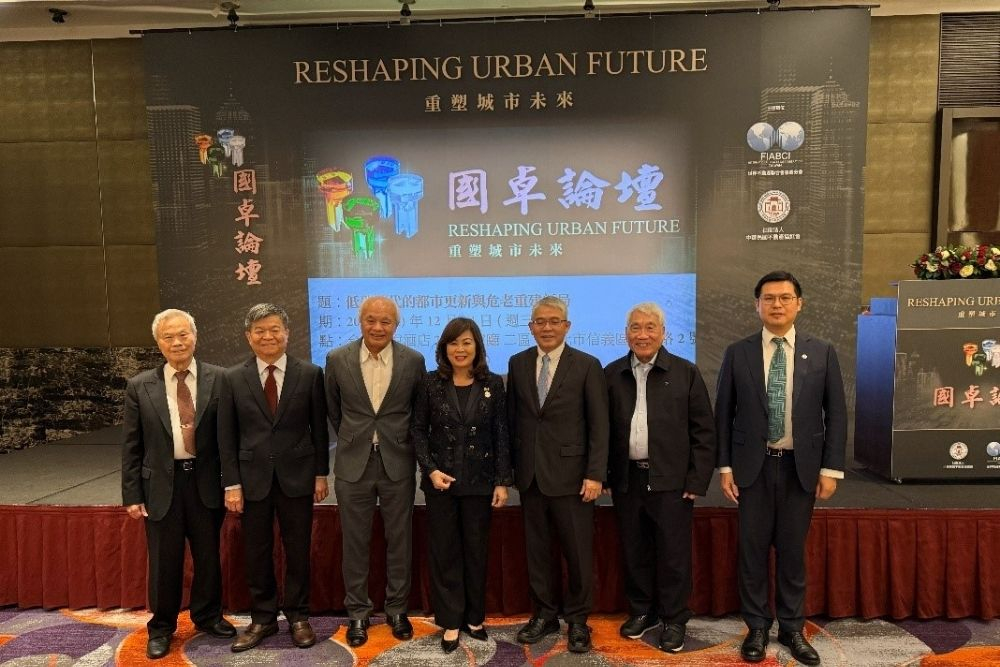

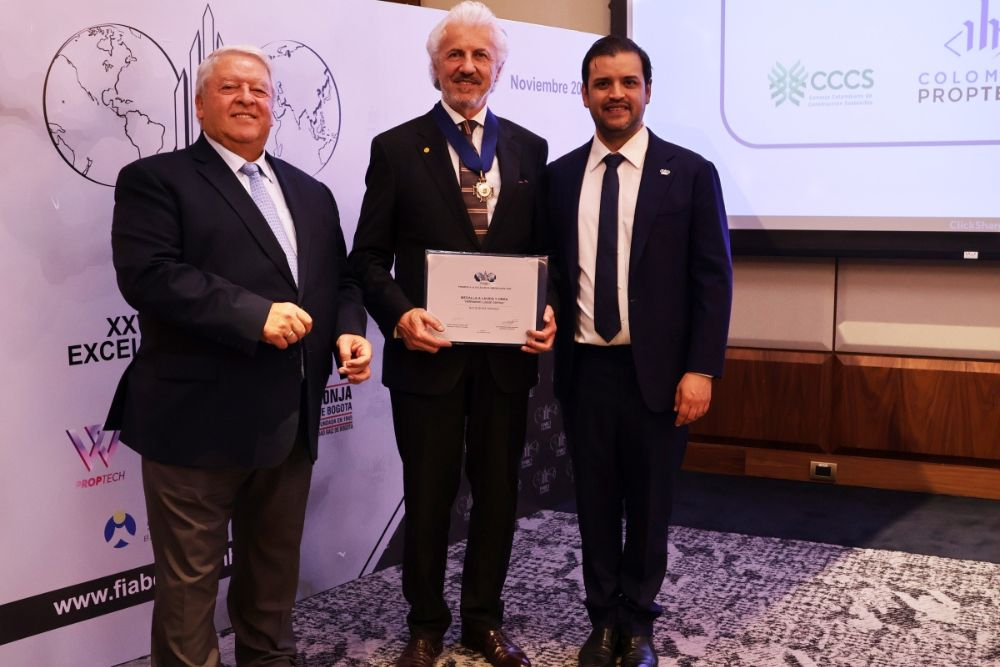

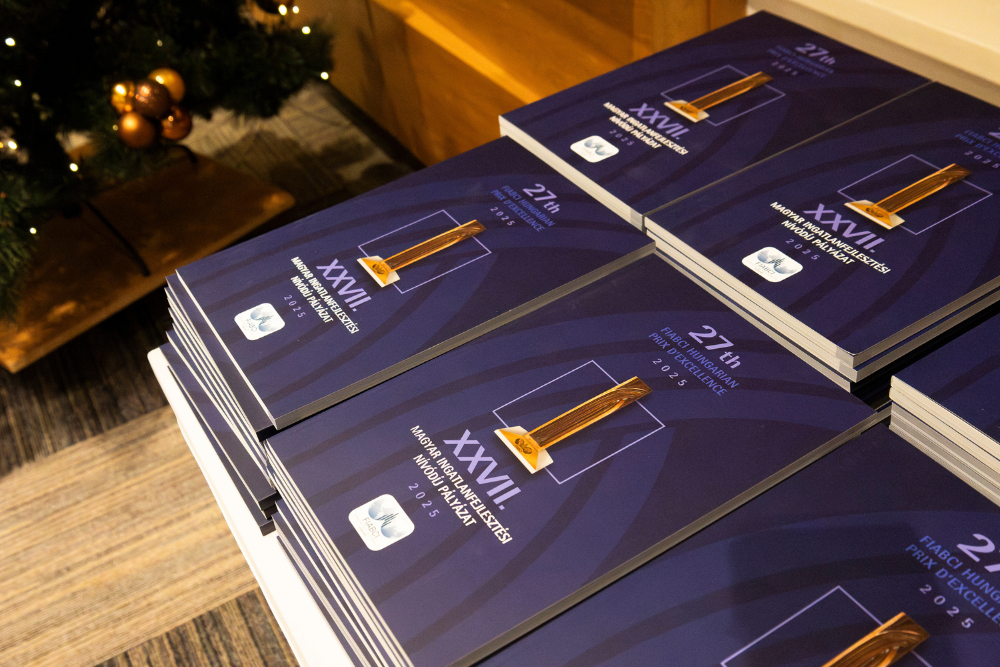
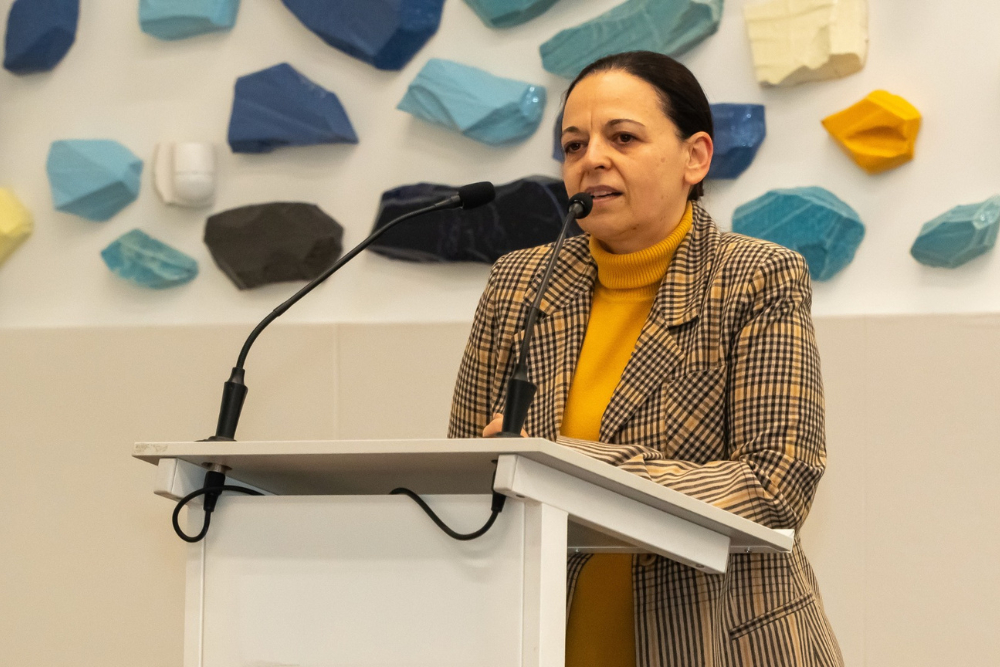





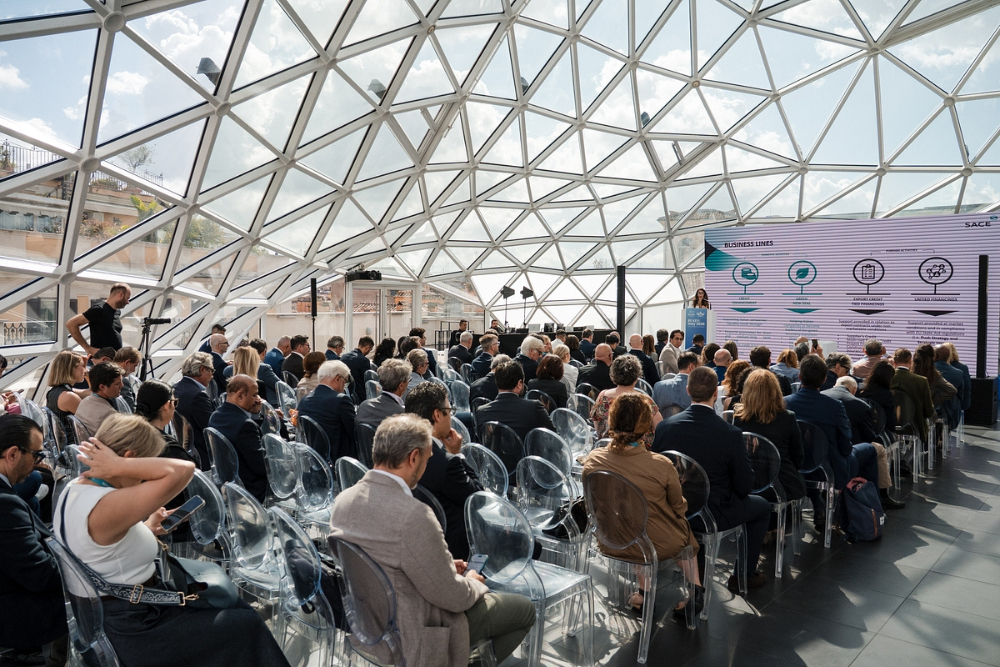
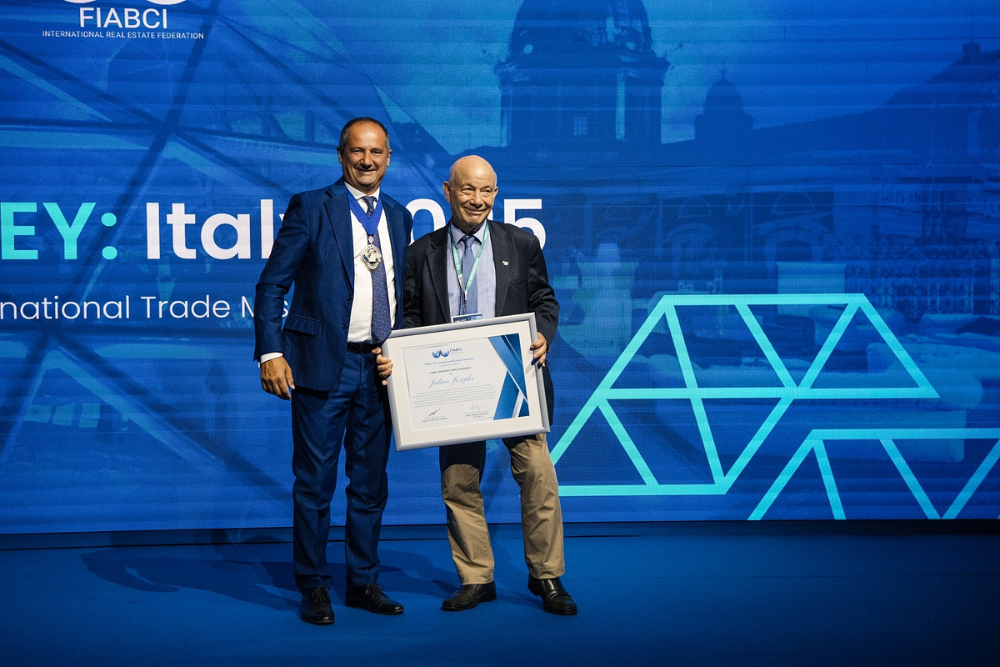
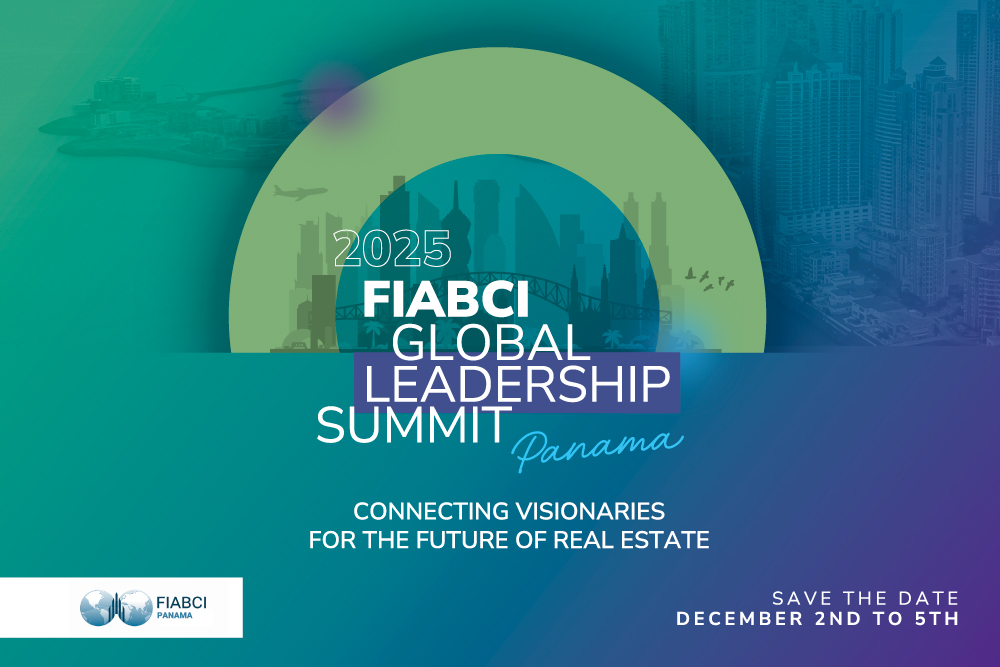

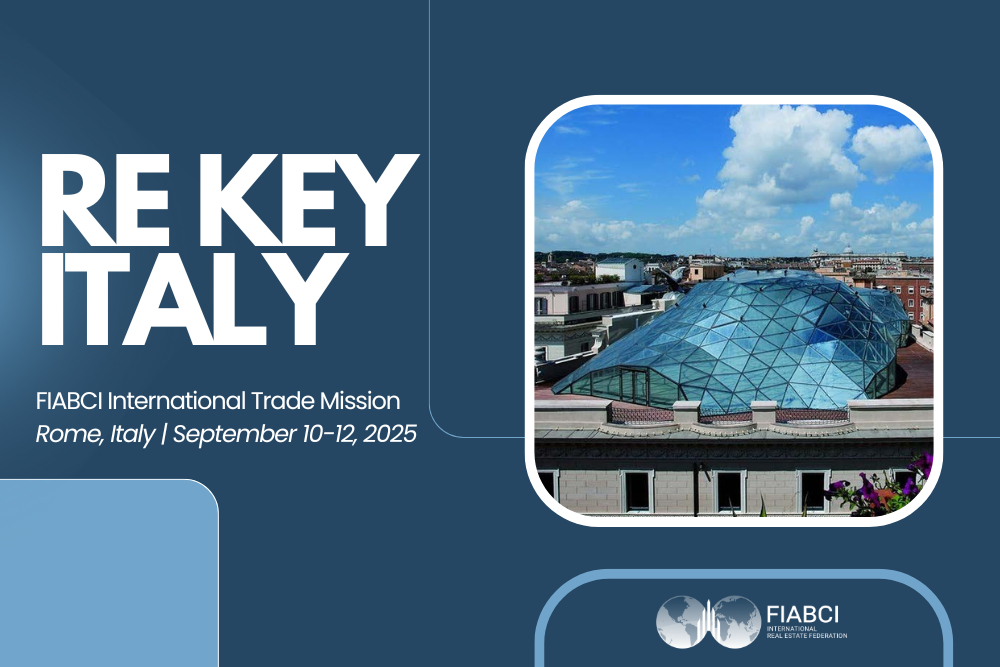
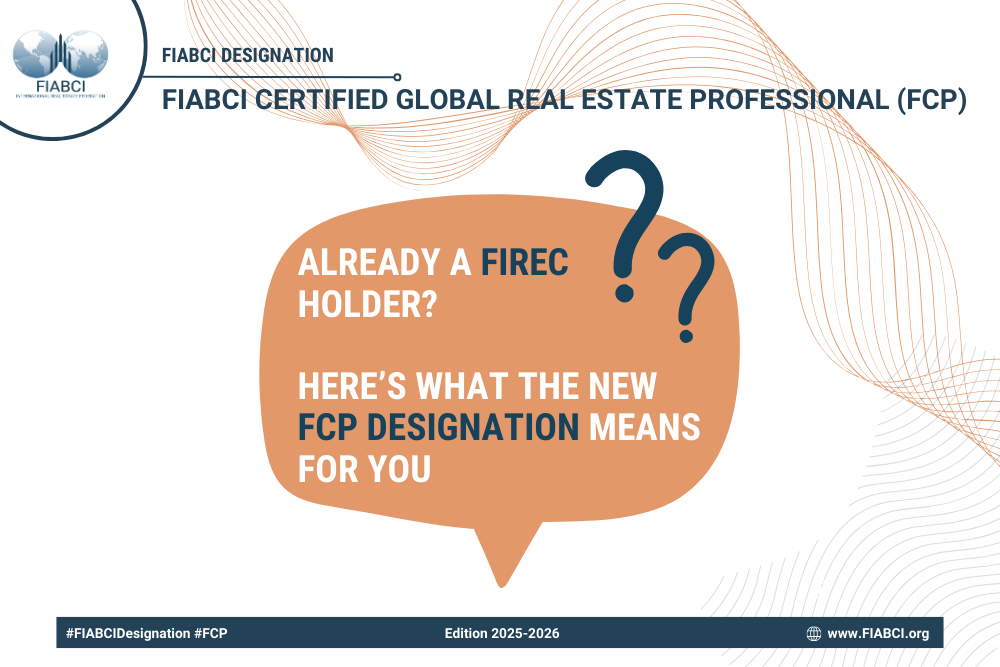
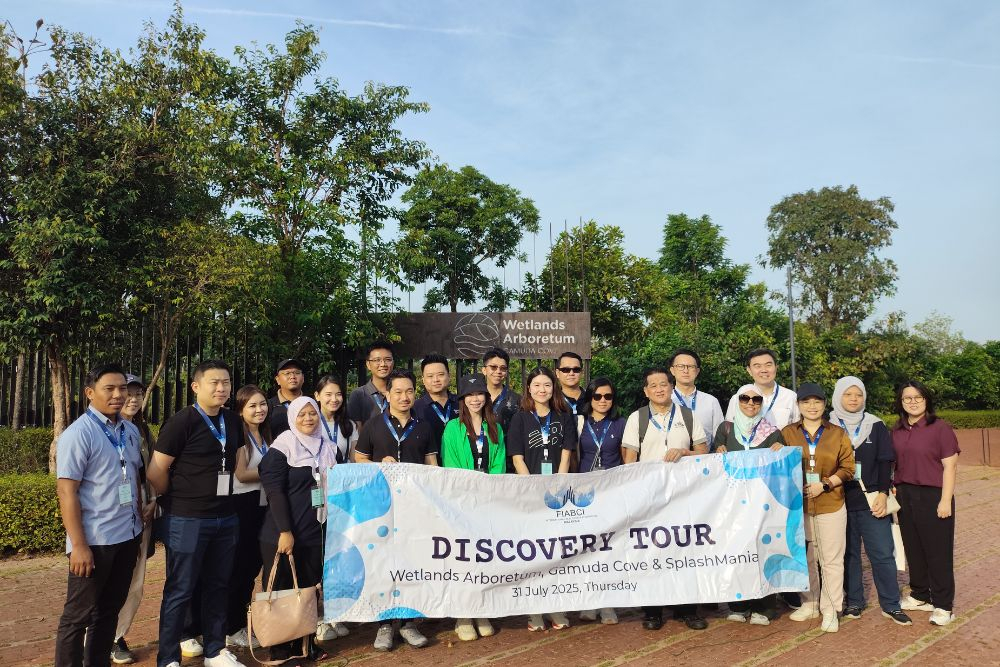

























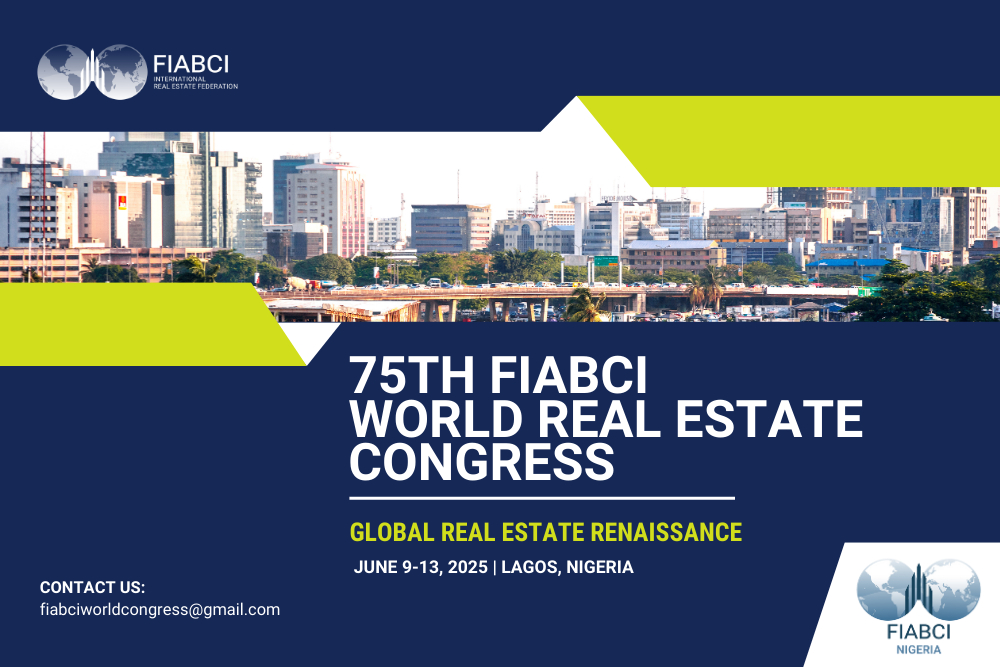










































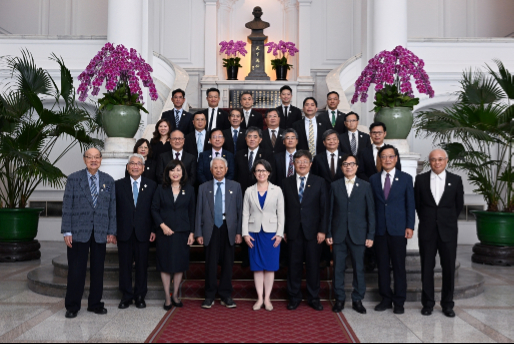













































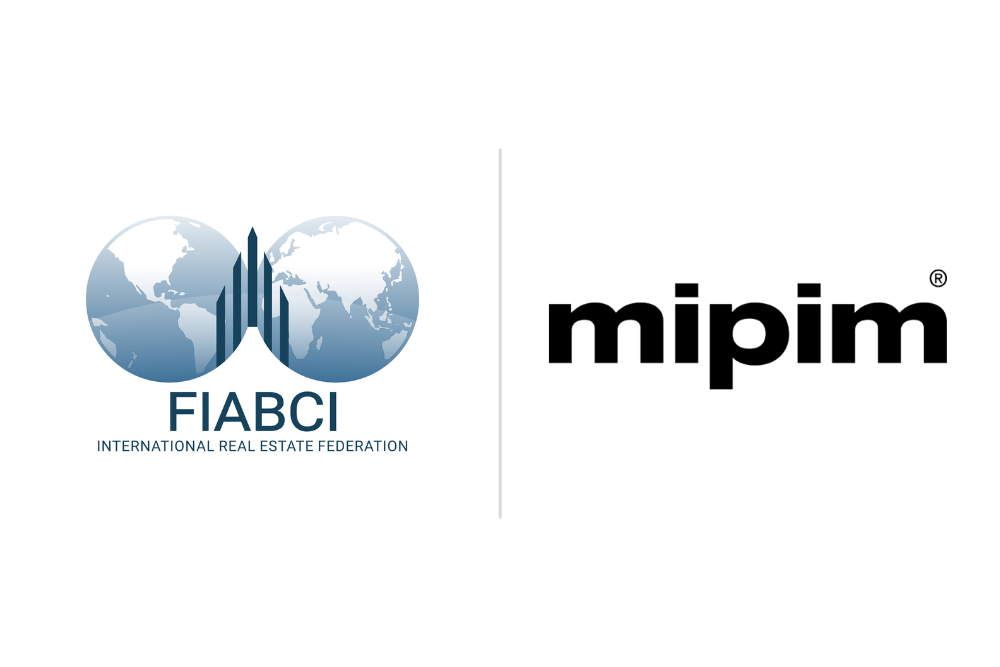




















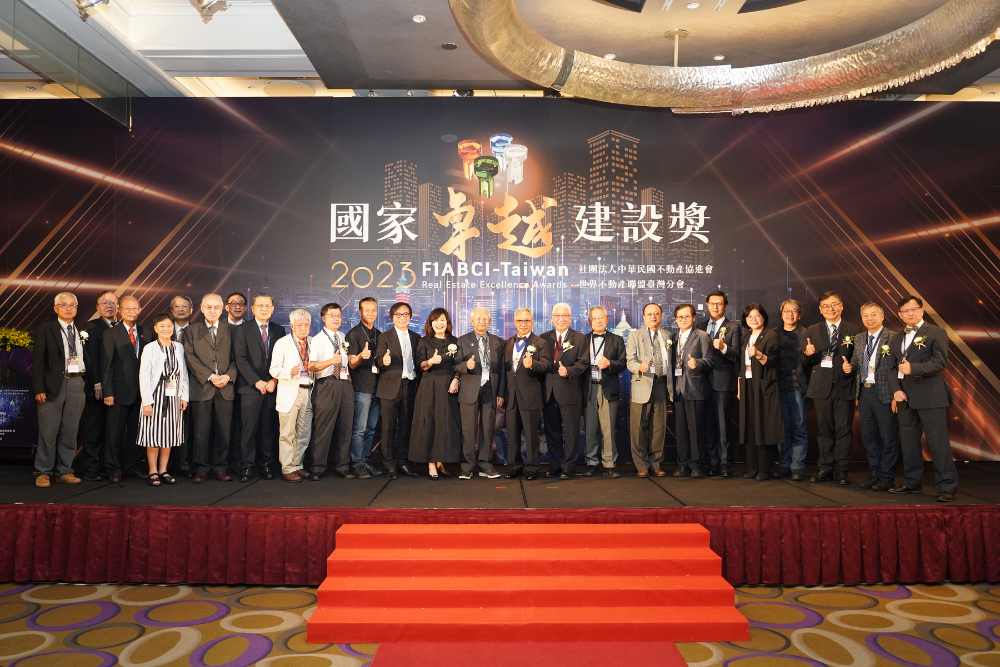






































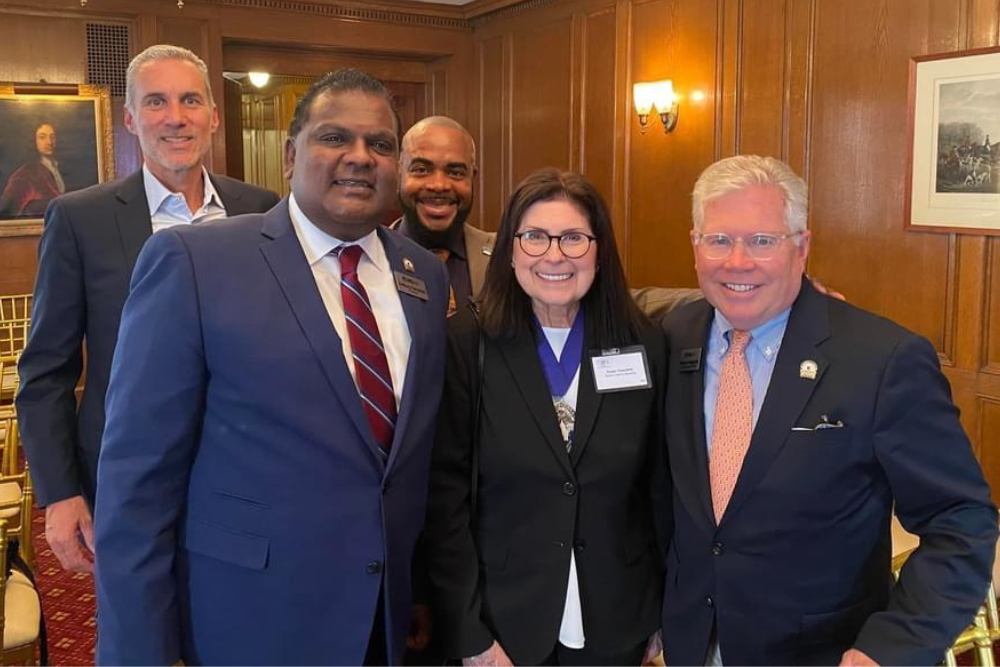

































































































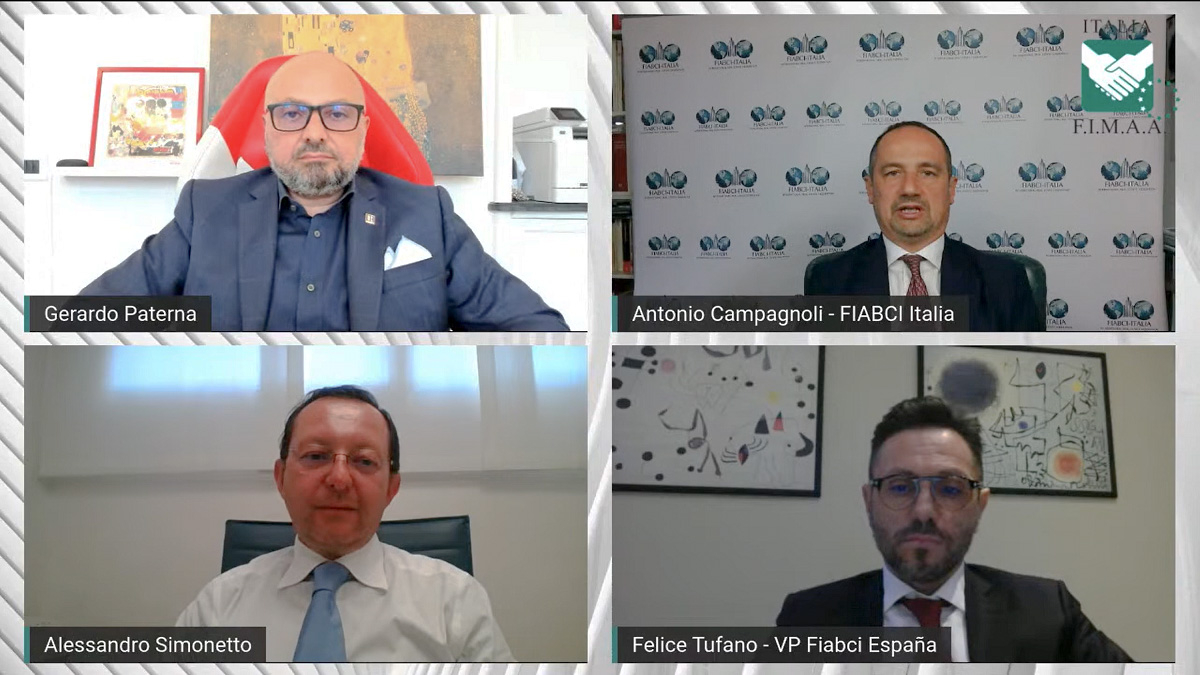

















































![[Webinar Summary] COVID-19: What lies ahead for the Real Estate Industry?](/uploads/news/9i1w05plq2ksbcswuyj5ze2nr.png)
































